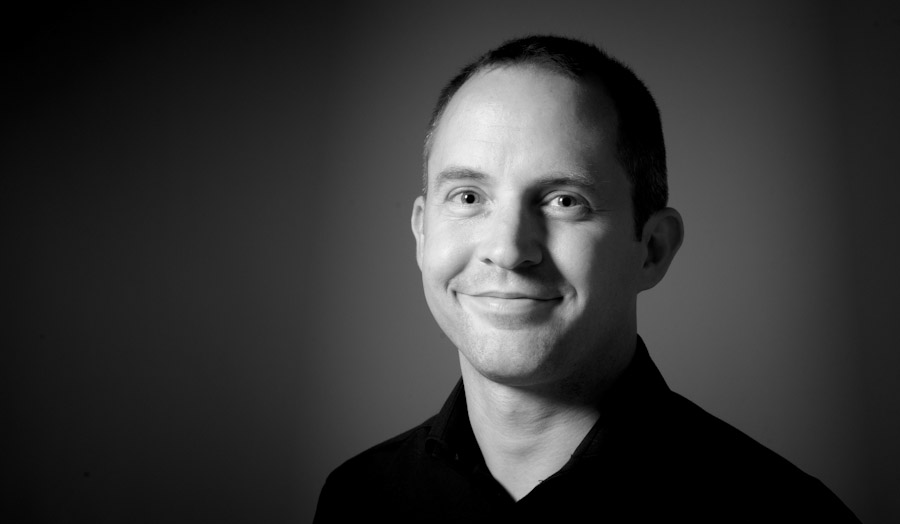Watch the interview with Will
Dr William Hughes, a criminology lecturer, speaks with Marina English as part of our In Conversation With series.
Marina English from our Outreach department caught up with Dr William Hughes to find out more about our undergraduate criminology courses and what make them so unique!
What kind of topics do you cover in a criminology degree?
There are many different pathways, so some people will do straight Criminology, some people will do Criminology and Youth Studies, some people do Criminology and Law, some will do Criminology and Psychology. Whichever degree you are pursuing, you'll cover a whole range of different topics including theory, in the first year, which looks at some of the ways that academics have tried to explain crime. You'll also look at policing and how policing is undertaken. There's a module in the second year that looks at lots of different types of crime, and in the final year, we have some modules that look at different types of punishment. There are also options within the course that you can choose from. There are some compulsory modules and there are options for students to explore, depending on their own interests.
Are there any practical elements to the course such as work placements?
There are a couple of practical elements – the work placement's the most obvious, but there are others. For example, in the first year, many of our students are sent off to observe what happens in a magistrate's court for a few days, to watch criminal justice take place. We also try to bring in guest speakers who work in the criminal justice sector, like probation officers and police officers.
What sort of career paths have your students followed?
Some continue along an academic pathway, we've had some who are currently doing master's degrees at various institutions and some have gone on to complete PhDs. Many have gone on to jobs in the probation service, some have been very clear from the outset that they want a career as a police officer, and some even undertake work as police specials whilst they're completing their studies. Many end up in a caring profession or working with vulnerable people or in youth justice or youth work. Some even go on to be teachers or work in the civil service.
What is your student cohort like in terms of age and diversity?
We're really privileged in our University to have a huge diversity of students in terms of age, ethnicity and various aspects of identity. I've taught briefly at other universities and the contrast is dramatic. We have quite a significant proportion who are straight from school, we have others who have worked for a while in a relevant job or a job that's quite different to criminology, we have others who've taken a break from their career and had children, so there really is quite a significant diversity in terms of all aspects of people's identity. I think most people find that there are others they can connect to.
If somebody were to be starting a criminology degree soon, is there a particular resource you can recommend for them to be looking at during the summer?
I encourage people just to get into the habit of reading, because reading is like a skill that requires a certain muscle development. Any kind of reading, be it literature or a broadsheet newspaper, is good practice. The text that we most commonly recommend is a big volume by an academic called Tim Newburn which is called Criminology. The latest edition is quite expensive, but you can buy an older edition which is just as good. It covers lots of things like theory and criminal justice issues, so that is possibly a good starting point that you might like to look at.
What about your own career path, what led you to teaching at London Met?
My first career was in the probation service, then I was a practice teacher where my job was to teach people who were training to be probation officers how to engage in probation practice. After several years I became more interested in teaching and academic teaching, so when a vacancy came up at London Met, I applied and was successful. I think that there are many staff at London Met who have that kind of mixed career where they have professional experience as well as academic experience.

